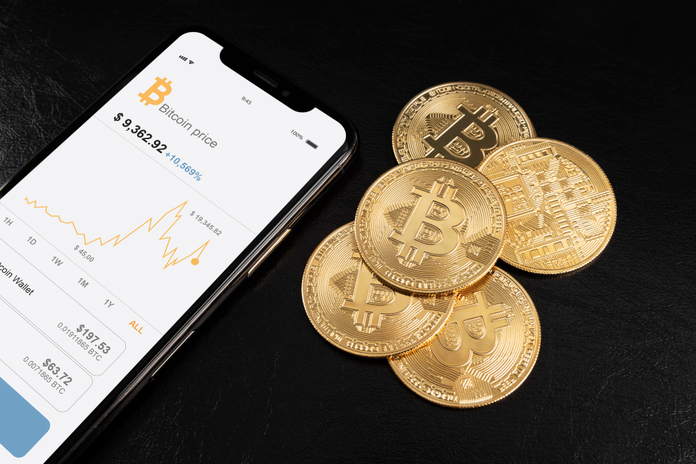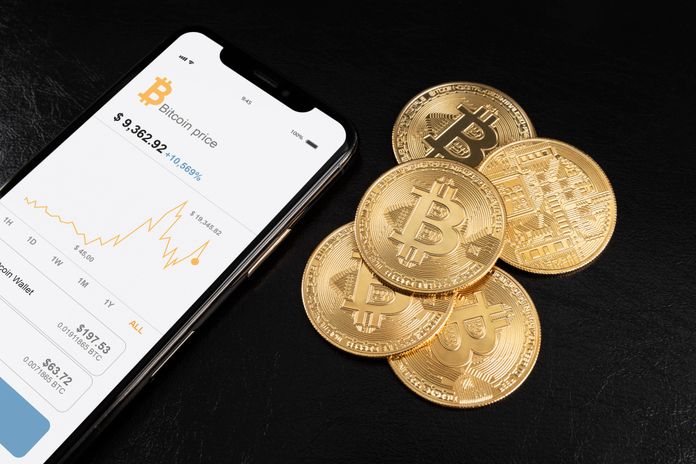Gemini Customers Recover Over $2 Billion in Crypto from Genesis Bankruptcy

Bankrupt crypto lender Genesis and crypto exchange Gemini have successfully returned over $2 billion in cryptocurrency to 232,000 retail customers of their jointly managed Gemini Earn program. This repayment provides customers a 242% return on assets that had been locked up since January 2023, Gemini announced on Wednesday.
Unlike other crypto companies that went bankrupt following the 2022 market crash, Genesis managed to return customers’ crypto assets instead of liquidating them for cash payouts.
Customers who loaned one bitcoin to Genesis will receive one bitcoin back, benefiting from the coin’s substantial price increase since Genesis declared bankruptcy. Bitcoin’s value has more than tripled since January 2023, rising to over $67,000.
“We are thrilled to have been able to achieve this recovery for our customers,” said Gemini co-founder Cameron Winklevoss. “We recognize the hardship caused by this lengthy process and appreciate our customers’ continued support and patience throughout.”
Gemini customers will receive approximately 97% of their repayment immediately, with the remaining amount distributed within 12 months, the company stated.
Previously, Genesis had estimated that its customers, including larger investors not part of the Earn program, would receive a 77% recovery in the bankruptcy. Gemini customers benefited from a $50 million settlement contribution from Gemini and settlements that enabled Genesis to sell shares in Grayscale bitcoin and ethereum trusts.
Participants in the Gemini Earn program loaned their crypto to Genesis and earned interest on their loaned assets. The total value of the Gemini Earn assets was $940 million when Genesis froze customer accounts in November 2022.
New York Attorney General Letitia James has alleged that the Gemini Earn program was a “scam” that misled investors. She has sued Genesis, Gemini, and Genesis’s parent company Digital Currency Group (DCG) over the program.
In February, James reached a settlement with Genesis requiring it to repay Earn customers before other creditors, including New York state and DCG.
DCG had argued that Genesis’s customers should be repaid based on the value of the crypto assets in January 2023. Under this argument, which a judge overruled on May 17, DCG could have taken the “excess” value from the rise in crypto prices rather than returning it to Genesis customers.
James’ lawsuit disrupted Genesis’s efforts to restart its business, ultimately pushing the company toward bankruptcy liquidation.
Featured Image: Freepik






